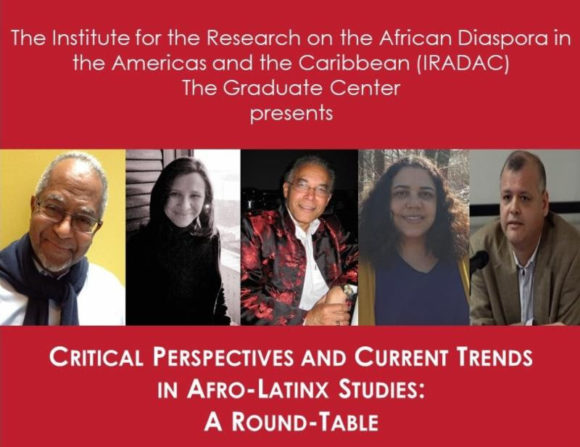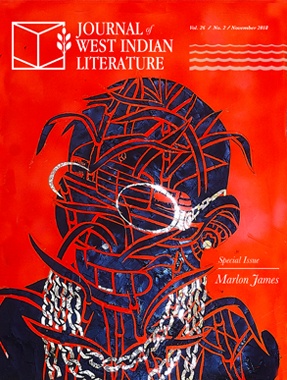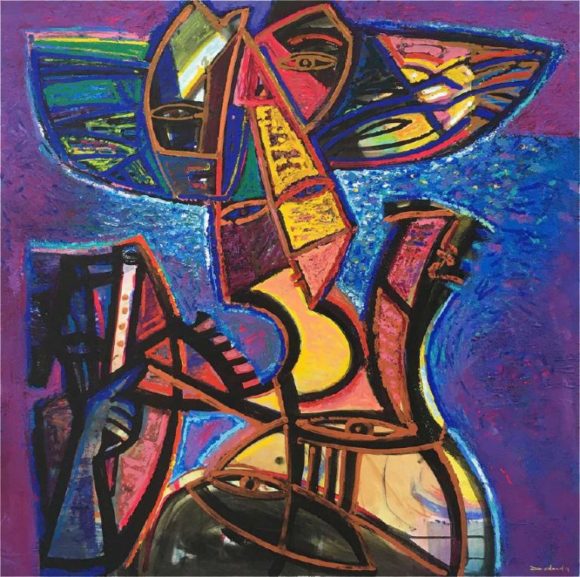4-6 April 2019
University of Pennsylvania

As we think about the long 1950s (1948-1962) in Jamaica, we think in terms of a series of displacements. The period begins with the sailing of the H.M.T. Empire Windrush to London, the establishment of the University of the West Indies, and Evon Blake’s integration of the Myrtle Bank pool. The 1949 elections result in another, though reduced, Jamaica Labour Party victory, and the solidification of the two-party system. Throughout the 1950s we see the beginnings of developmentalism in the aftermath of the Moyne Commission; the deepening of the Cold War and the expulsion of the left from the People’s National Party; the growth of Rastafari, and the emergence of scholarship on the movement; and the stirrings of a “folk” arts movement, as well as the emergence of aesthetic languages of painters like David Pottinger and Albert Huie. On the global stage, the 1950s inaugurates a growing recognition of Jamaican popular music through figures like Byron Lee and Don Drummond; of Jamaican sprinting prowess through Olympic medalists Arthur Wint, Herb McKenley, and George Rhoden; and of literary influence through the publication of Vic Reid’s New Day, Roger Mais’ Brother Man, and John Hearne’s Voices Under the Window, among others. The firm establishment of the social sciences at the UCWI and the appearance of texts like Douglass Hall’s Free Jamaica, and M.G. Smith’s work on pluralism generates an interrogation of both the legacies of the past and the promises of nationhood. Within other organs, too, these legacies and promises were publicly debated. The period also marks the moment during which questions of “women” and “gender” begin to emerge on the scene of scholarly, literary, and artistic production. The period ends with the dismantling of the West Indies Federation and the independence of Jamaica and Trinidad.
The long 1950s, therefore, encompass the pivotal moments that set into motion the infrastructures of modern political, social, economic, and artistic activity. They also bring into relief struggles over the appropriate spheres of interaction – national, regional, pan-African, diasporic – thus inaugurating an ongoing process of disciplining (and challenging) the scales at which we have sought to organize and imagine our futures. By the end of the decade, we see that the earlier twentieth century story of an emergent civil society in Jamaica is displaced by the story of political society. The result of this has been a particular kind of formal decolonization, one that lacks some of the decolonial social and cultural visions of earlier moments, and one that also resists those forms of decoloniality being enacted in the popular realm. Looking at the long 1950s closely and patiently, therefore, gives us windows into the contestations over the scale and scope of Jamaica’s political futures during the moment just before they sedimented into nationalism.
Program
Thursday, 4 April
Halney Auditorium, The Penn Museum of Anthropology and Archaeology Continue reading The Jamaican 1950s: A Symposium






